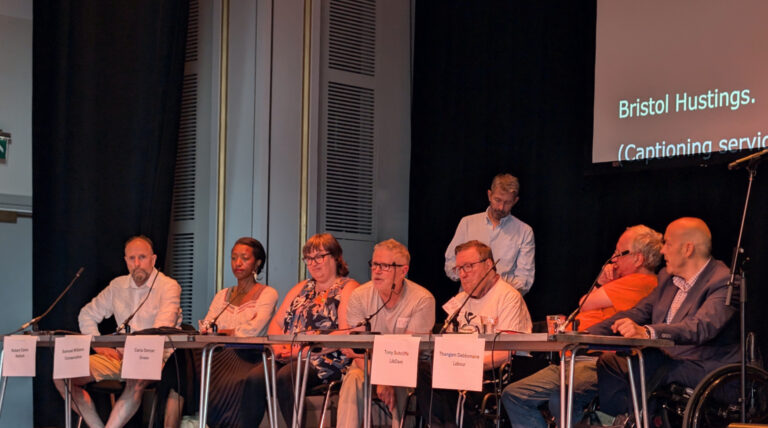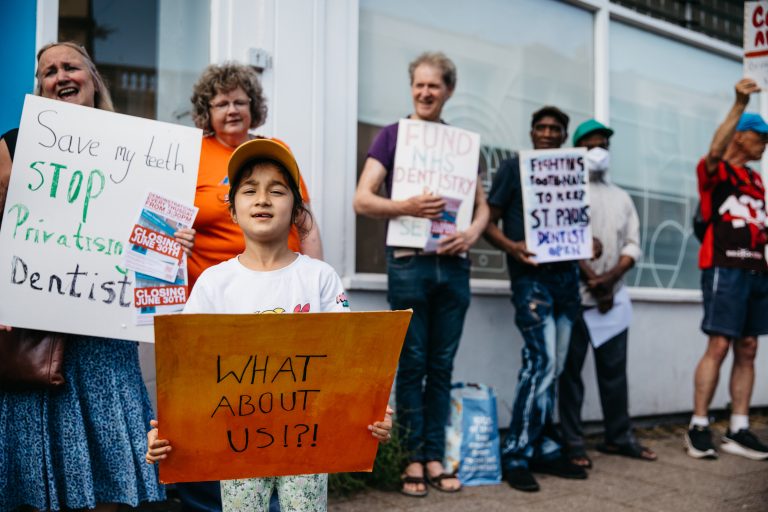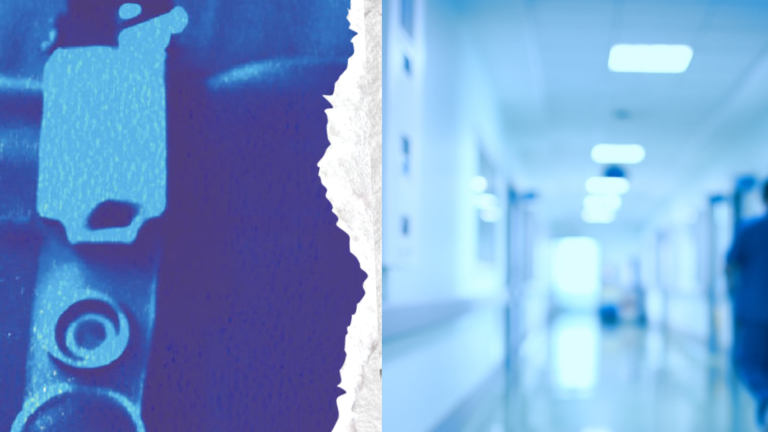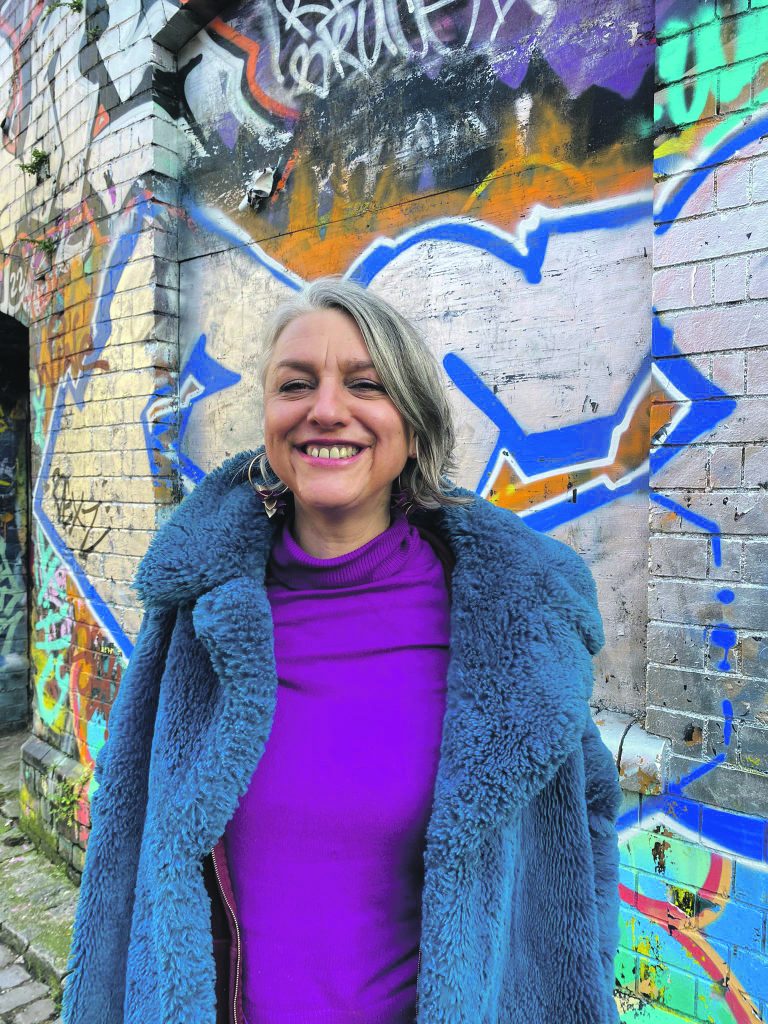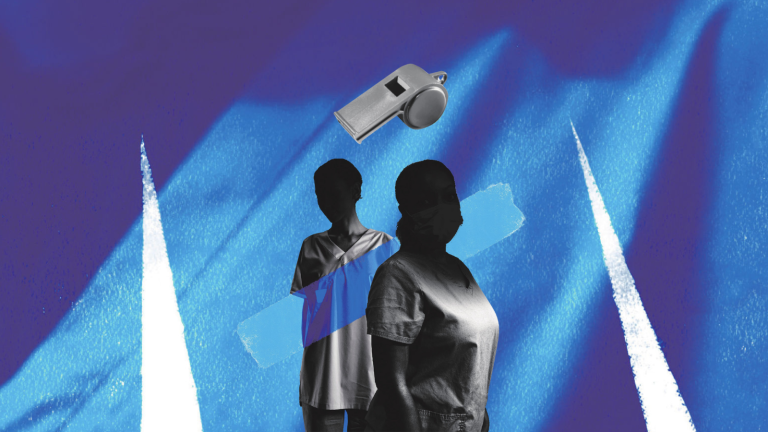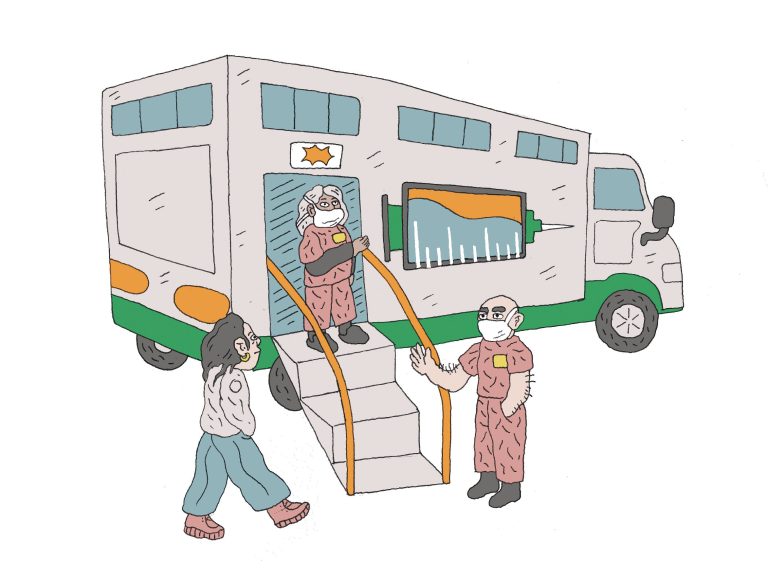Over the past few years, BBC podcast producer Lucy Proctor has built a reputation for shining a much broader and more searching beam into the world of conspiracy theories than most other mainstream journalists.
Last year, her 10-part series The Cows Are Mad looked back more than 30 years to the BSE scandal, which sent shockwaves through Britain’s meat industry. It re-examined how the UK government repeated the li(n)e that beef was safe, with those questioning the mantra dismissed as cranks.
Since 1996, 177 people have gone on to die from the human form of ‘mad cow disease’. But the truth of its origins remains a mystery, leaving theories to fill the vacuum.
The intervening three decades have seen public trust in the establishment nosedive, both here and across the Atlantic. Competing narratives, misinformation and politicians’ lies over a more recent public health crisis, Covid, have only fuelled the process. As Lucy and her colleague Gabriel Gatehouse explored in their 2022 podcast The Coming Storm, which looked at the QAnon movement in the States, it’s becoming increasingly difficult even to agree on what’s real any more.
So how did we get here? What has been the impact of mainstream media skirting round difficult issues, failing to report important stories properly and reducing people with ‘fringe’ views to caricatures? How have canny operators exploited information gaps and deployed social media to supercharge the spread of conspiracy theories? And is there any way back for trust in the powers that be?
Join Lucy and Neil as they chew over these weighty questions and, getting back to mad cow disease, discuss whether Bristol was ground zero for the epidemic. It’s almost certainly lashing down as you read this, so find somewhere dry and cosy and settle in for the first Unpacked of 2024…
Keep the Lights On
Investigative journalism strengthens democracy – it’s a necessity, not a luxury.
The Cable is Bristol’s independent, investigative newsroom. Owned and steered by more than 2,600 members, we produce award-winning journalism that digs deep into what’s happening in Bristol.
We are on a mission to become sustainable – will you help us get there?

Comments
Related content
Scotland will open the UK’s first safer drug consumption facility – Bristol should be next
Glasgow, where the UK’s drug death crisis is worst, has overcome opposition from Westminster to open a potentially life-saving overdose prevention centre. What does this mean for other cities wanting to tackle drug-related harms?



